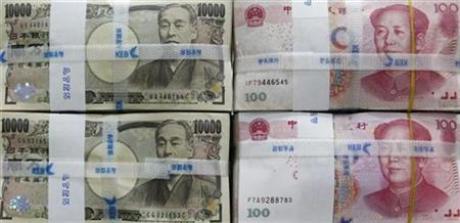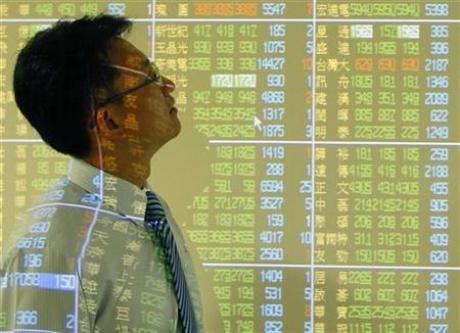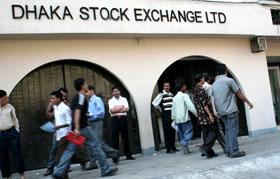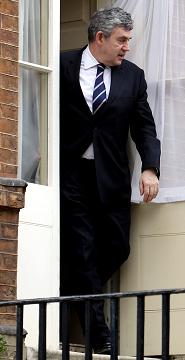business & finance club - u.s.a : Gordon Brown will settle today on March 24 as the day for the pre-election Budget as the campaign accelerates towards a May 6 showdown.
The Prime Minister will also place his stewardship of the economy at the heart of his election drive. Despite overseeing the longest and deepest recession since the Second World War, he will argue that, whereas Labour would secure the recovery, an incoming Conservative government would put it in jeopardy.
His speech to a City audience today will come after figures yesterday showed that Britain’s trade deficit widened unexpectedly in January and exports slumped at the fastest pace in more than three years.
The data dashed immediate hopes that the weakness of sterling, which has fallen by nearly 30 per cent against a basket of leading currencies since the start of the financial crisis, would bolster economic recovery
William Hague, the Shadow Foreign Secretary, will argue today that Britain risks losing diplomatic clout because of its declining economic status. “The restoration of our economic fortunes under a new government . . . is the indispensable foundation stone of the construction of effective foreign policy,” he will say.
The Budget date, to be announced officially by Alistair Darling before Parliament, moves the election campaign up a gear. It all but confirms that the Prime Minister will go to the country on May 6, finally killing off talk of a poll in April. The timetable would allow Mr Brown to go to Buckingham Palace to seek a dissolution on April 6, without the full-blown campaign interrupting the Easter break. It would mean a four-week campaign, with manifestos published during the week beginning April 12 and leader television debates on the Thursday of each of the three full weeks of the campaign.
The Times understands that in the past few weeks Mr Brown, along with his closest colleagues, Lord Mandelson, Ed Balls and Ed Miliband, have considered the merits of an earlier election battle but rejected the idea.
The improvement in Labour’s poll rating convinced Mr Brown and his colleagues that they can use the next eight weeks to eat further into the Tory lead and make headway in marginal seats. Mr Brown will give a clear hint today of the ground on which Labour wants to fight the election, arguing that, thanks to government support, fewer people have lost their jobs than in the 1980s recession, and fewer have lost their homes than in the 1990s recession. If growth figures due at the end of April show a slowdown, Labour strategists will warn that the cuts planned by the Tories would risk nascent recovery.
The trade in goods deficit climbed by nearly £1 billion to £7.987 billion in January, the highest level since August 2008. Exports fell 7 per cent, outstripping the 1.6 per cent fall in imports. The total trade deficit widened to £3.8 billion, up from £2.6 billion in December.
Economists cautioned that monthly trade data could be volatile and added that January’s figures may have been affected by the snowy weather, which could have prevented businesses from getting their goods to British ports.
But Howard Archer, the chief UK and European economist at IHS Global Insight, said: “Even allowing for the. . . very bad weather, the data heightens concerns as to whether or not net trade can make a decent positive contribution to growth going forward.”
Sterling fell back below the key rate of $1.50 after the trade figures were released and came under further pressure as a leading credit ratings agency called for firmer action to tackle the black hole in the public finances.












